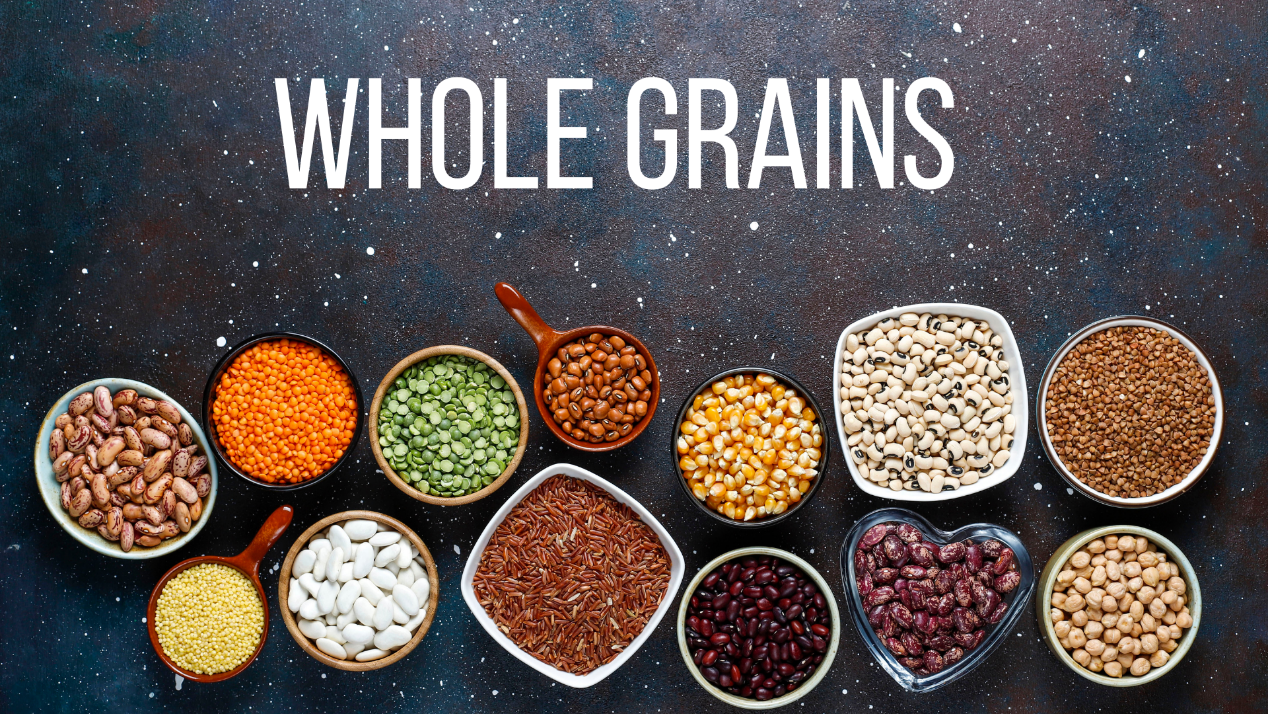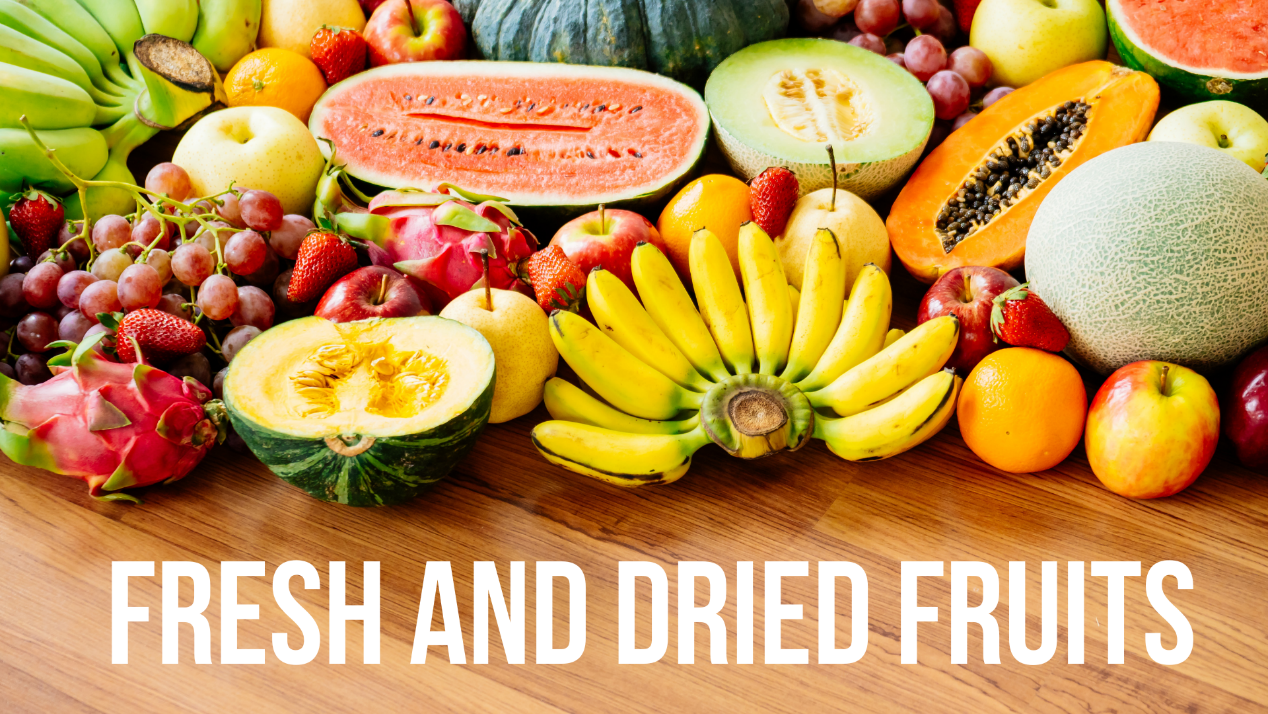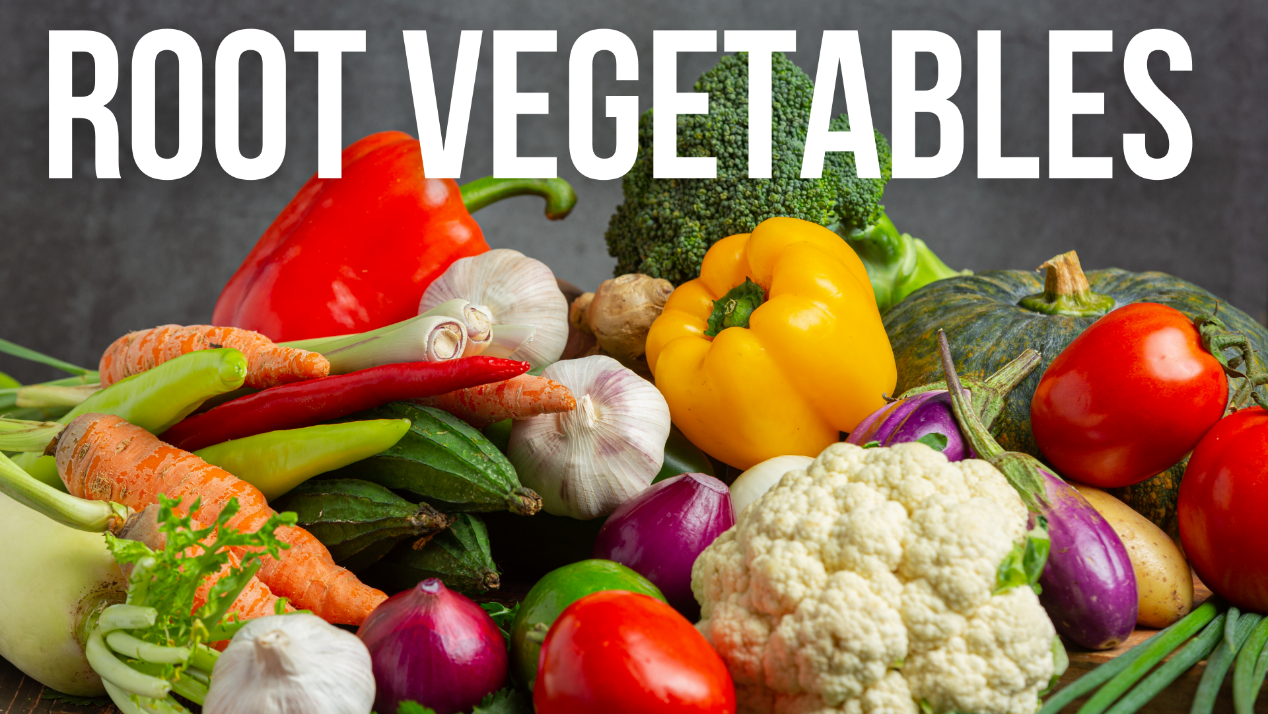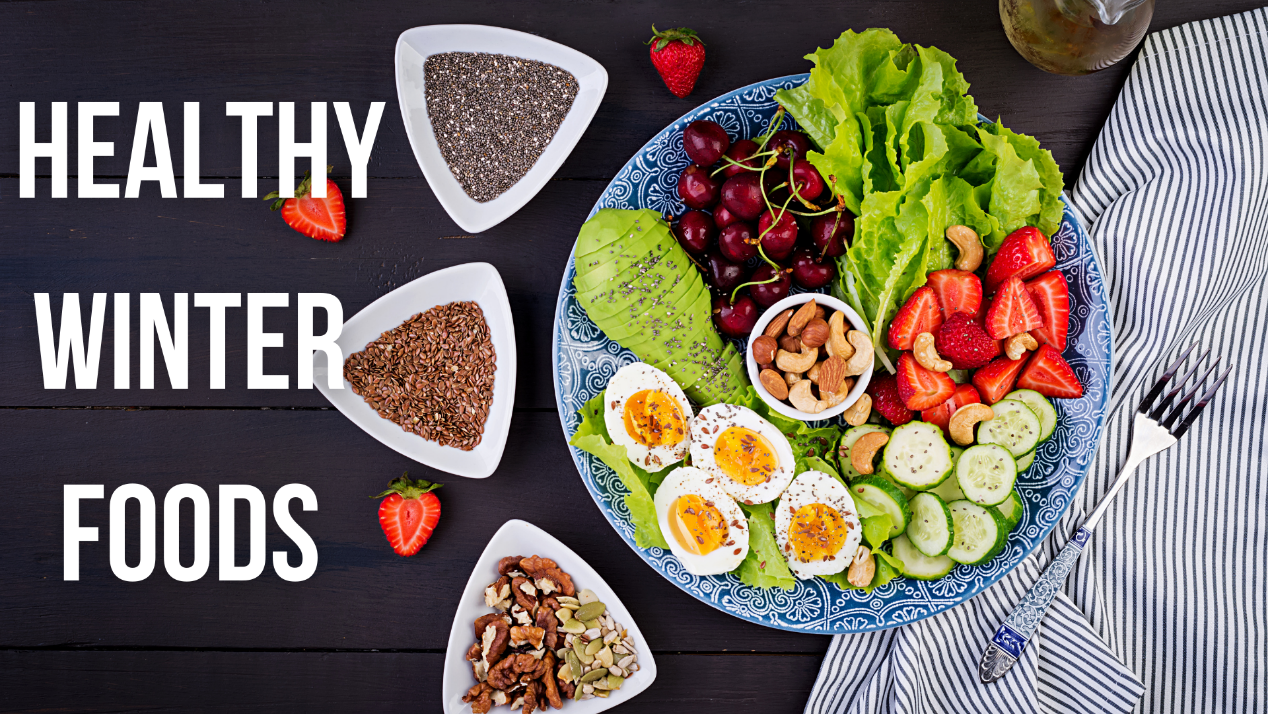When the temperature begins to drop rapidly in the winter, everyone looks for different ways to keep warm. One such way is to consume food that can warm the body. There are several nutritious winter food ingredients available to us that help to keep the body warm even when the outside temperature is freezing cold and, most importantly, help us to stay healthy during the winter. As the temperature decreases, the metabolism of our body slows down to conserve energy and to keep our body warmth intact. The foods mentioned here will keep your body warm, boost your metabolism, and also improve your health:
Garlic
It is well known that garlic has warming properties, just as onions, shallots, leeks, and chives do. Garlic contributes to thermogenesis (the body’s ability to create heat as a result of metabolizing substances or nutrients).
Capsicum
Capsicum possesses a phytochemical called capsaicin, that aids in increasing the body’s temperature. Capsaicin helps to digest slowly and enhances gastric blood flow, both of which benefit the gut and warm the body.
Ginger
Ginger has vasodilating properties, which helps to increase blood flow causing a warming effect throughout the body.

Whole grains
Whole grains, such as oats, contain fiber and bran, which require time to break down. As you digest slower, your body produces warming energy, maintaining blood sugar levels, and preventing blood sugar spikes, which will increase body heat in the beginning followed by rapid cooling of the body. The whole grains of brown rice, quinoa, millet, barley, and buckwheat undergo a similar digestion process and provide the same warming effect.
Cinnamon
Cinnamon has thermogenic properties that can raise the body temperature in cold weather.
And also, cinnamon may help boost memory, learning, and mood, as well as help support healthy blood sugar levels.
Bananas
Banana’s B vitamins and magnesium can help to support thyroid and adrenal gland health, which help regulate body temperature in cold weather.
Meat
Proteins are harder to digest than carbs or fats, and a protein-rich meal can help warm you up. Meats are also high in minerals like iron and B vitamins, which can help you stay warm if you are iron deficient.
Black Beans
A ½ cup serving of black beans contains nearly eight grams of protein as well as plenty of fiber to keep you contented. Black beans are also extremely nutritious, providing numerous benefits such as improved blood flow in the body.
Spices
Warm spices such as mustard, fenugreek, asafoetida (hing), black pepper, and ajwain should be used liberally as these spices improve blood circulation, stimulate appetite, and aid digestion. Methi or fenugreek when added to food, enhance both the flavor and smell of the dish. It is very beneficial for bone and joint problems, which are more prevalent in the winter. Turmeric is another important spice that is also a powerful anti-microbial immunity builder. It can help you avoid getting sick during the winter.

Fresh & Dried Fruits
Fresh fruits such as papaya and pineapple are thought to provide warmth. Amla is high in Vitamin C and a good source of nutrition that can help boost immunity. Also, during the winter months, dry fruits such as dates are highly recommended since they are warm by nature. Besides being a good source of fiber, magnesium, calcium, iron, and vitamins (C and B3), they are also an excellent source of energy.
Carrots
Carrots contain beta-carotene, which is an excellent source of vitamin A and a potent antioxidant.
Leafy greens
Leafy greens such as coriander, radish greens, amaranth, celery, and others are high in beta-carotene and vitamin C. These are two powerful antioxidants that aid in disease prevention and immunity building.
Ghee
Ghee is among the most highly digestible fats that are used to enhance the taste of curries and other dishes. It has numerous advantages, including the ability to aid digestion, prevent constipation, and aid in the excretion of toxins. It also makes you feel warm and boosts your body’s immune system when consumed.

Root Vegetables
Winter root vegetables include turnip, radish, and sweet potatoes, they are seasonal delights. These vegetables furthermore provide much-needed energy while also maintaining body heat. Since these vegetables take longer to digest, they also produce more heat. A warm stew with root vegetables and leafy greens will make an ideal dinner on any wintery day.
Mustard
Mustard seeds also called Sarson in most parts of India are well-known for their warming properties.
Honey
Honey is widely used to treat colds, coughs, as well as flu. It is known to provide numerous health benefits, including the ability to treat digestive issues, boost immunity, and benefit skin health.
Saffron
Saffron has a variety of health benefits, including mood enhancement, weight loss, and cancer-fighting attributes. You can easily incorporate saffron into your diet by drinking boiled milk added to saffron.
Sesame seeds
Sesame seeds is an excellent food ingredient for keeping the body warm during the winter. It can be consumed in various forms such as by adding it to halwas or making chikkis out of it. Calcium and iron are abundant in these tiny seeds thus they provide numerous health benefits, including improved skin and hair, bone strength, and delivering relief from respiratory disorders.
Hot soups
A bowl of hot soup is both delectable and soothing on the tongue, especially on a cold day. It will offer you instant relaxation and the much-needed warmth to feel comfortable.

